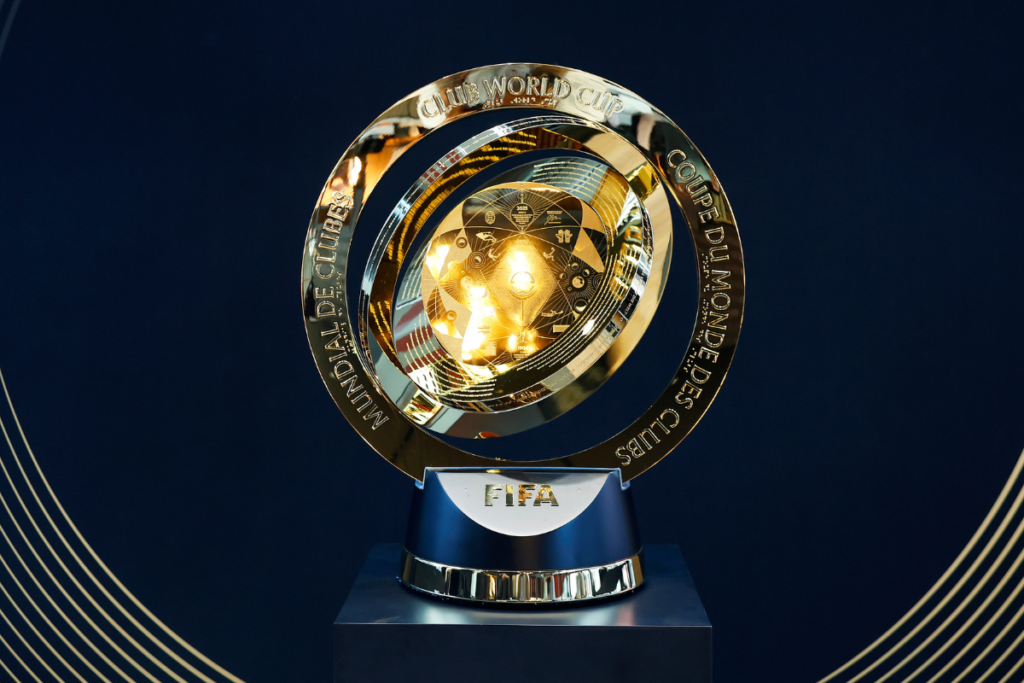As anticipation builds for the expanded Club World Cup, it’s worth remembering that global club football has occasionally delivered some of the sport’s most unexpected and thrilling moments—especially when clubs from outside Europe rise to the occasion against the continent’s elite. While European sides have largely dominated in recent years, history tells us that the gap is not unbridgeable. From packed stadiums in Tokyo to the bright lights of Yokohama, underdogs have shocked the world, claiming glory in dramatic and unforgettable fashion. The time has now come for the clubs to take the spotlight in the US, but before that, let’s run the film back to visit some of the biggest upsets of the competition.
Real Madrid 1–2 Boca Juniors, 2000 Intercontinental Cup Final
In one of the most iconic victories for South American football, Boca Juniors stunned a Galáctico-laden Real Madrid in Tokyo. With goals from Martín Palermo inside the first six minutes, Boca surged to a 2–0 lead before Madrid could settle. Though Roberto Carlos pulled one back, the Argentine side, managed by Carlos Bianchi, held firm. Juan Román Riquelme orchestrated the midfield with elegance beyond his years, neutralizing the likes of Figo and Raúl, and establishing Boca’s place on the world stage.
AC Milan 1–1 Boca Juniors (Boca won on penalties), 2003 Intercontinental Cup Final
Three years later, Boca once again faced European royalty, this time against Carlo Ancelotti’s AC Milan. The Italians boasted a lineup featuring Maldini, Pirlo, Shevchenko, and Kaká, but Boca’s grit and tactical discipline kept the game level through regular and extra time. After a 1–1 draw, the match was decided by penalties, where Boca’s composure shone. ‘Pato’ Abbondanzieri saved Pirlo’s and Costacurta’s penalties and, just in case, Seedorf missed his too to make sure Boca won the shootout.
It was a repeat statement from the Argentine club—another David conquering Goliath on the biggest intercontinental stage.
São Paulo 1–0 Liverpool, 2005 Club World Cup Final
The inaugural edition of the rebranded FIFA Club World Cup saw UEFA Champions League winners Liverpool fall to a resilient São Paulo. The Brazilian side, led by Rogério Ceni—goalkeeper, captain, and eventual man of the match—defied wave after wave of Liverpool pressure. A lone goal from Mineiro in the first half proved decisive.
Despite Liverpool’s dominance in possession and shots, São Paulo’s defensive discipline and Ceni’s heroics sealed a historic triumph.
Internacional 1–0 Barcelona, 2006 Club World Cup Final
A year later, another Brazilian club etched its name into the record books. Internacional shocked Ronaldinho’s Barcelona with a masterclass in defensive organization and opportunistic attacking. In a game where Barcelona dominated for long spells, Internacional held firm and capitalized on a late counter-attack, with Adriano Gabiru scoring the winner.
The result was a clear reminder that tactical discipline and self-belief could overcome even the most technically gifted opponents.
Corinthians 1–0 Chelsea, 2012 Club World Cup Final
In 2012, Corinthians completed Brazil’s hat-trick of Club World Cup victories over European champions by toppling Chelsea in Yokohama. The London club, led by stars like Fernando Torres, Frank Lampard, and Juan Mata, was outmaneuvered by a compact and fearless Corinthians side. Peruvian striker Paolo Guerrero scored the decisive goal, while goalkeeper Cássio delivered a towering performance between the posts.
The match was a testament to the passion and tactical nous of South American football.
Conclusion
While European clubs have grown increasingly dominant in global competitions, these moments remind us that the Club World Cup has a legacy of surprises. From the tactical genius of South American coaches to the fearless intensity of underdog squads, history proves that upsets are always possible. As the tournament expands and more clubs from every continent dream of glory, we may well witness another seismic moment in football history—where the giants fall, and a new legend is born.
